Morgan State University’s Bold Journey Toward Elite R1 Research Status
Diverse: Issues in Higher Education
MAY 14, 2025
Making history If Morgan State achieves R1 status, it would become just the second HBCU to do so. Looking beyond Wilson, who has served as president of Morgan State since 2010 and has already guided the institution from R3 to R2 status, is looking at positioning the university well for his successors. was our tool.


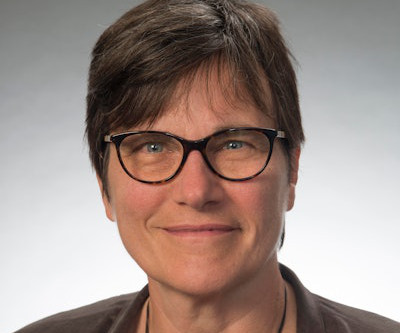
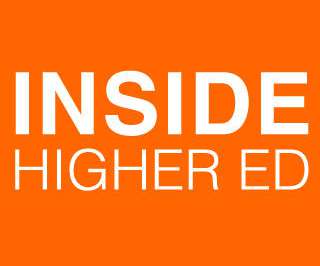
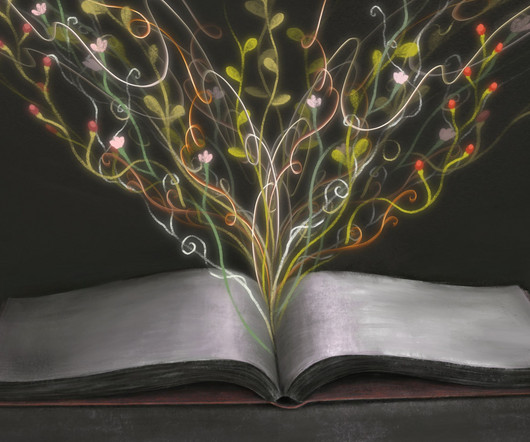

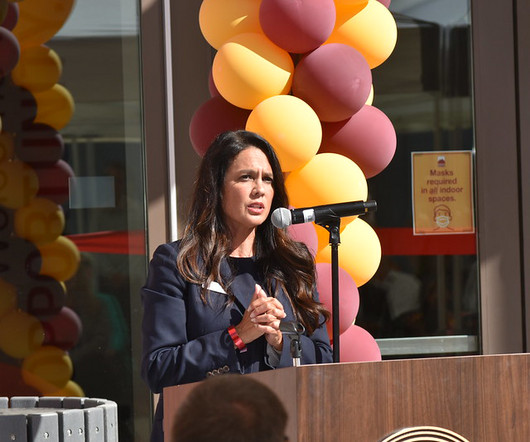



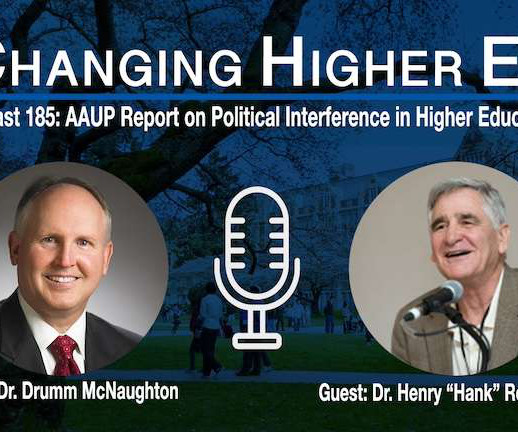








Let's personalize your content